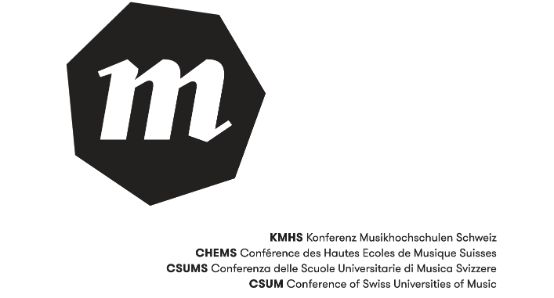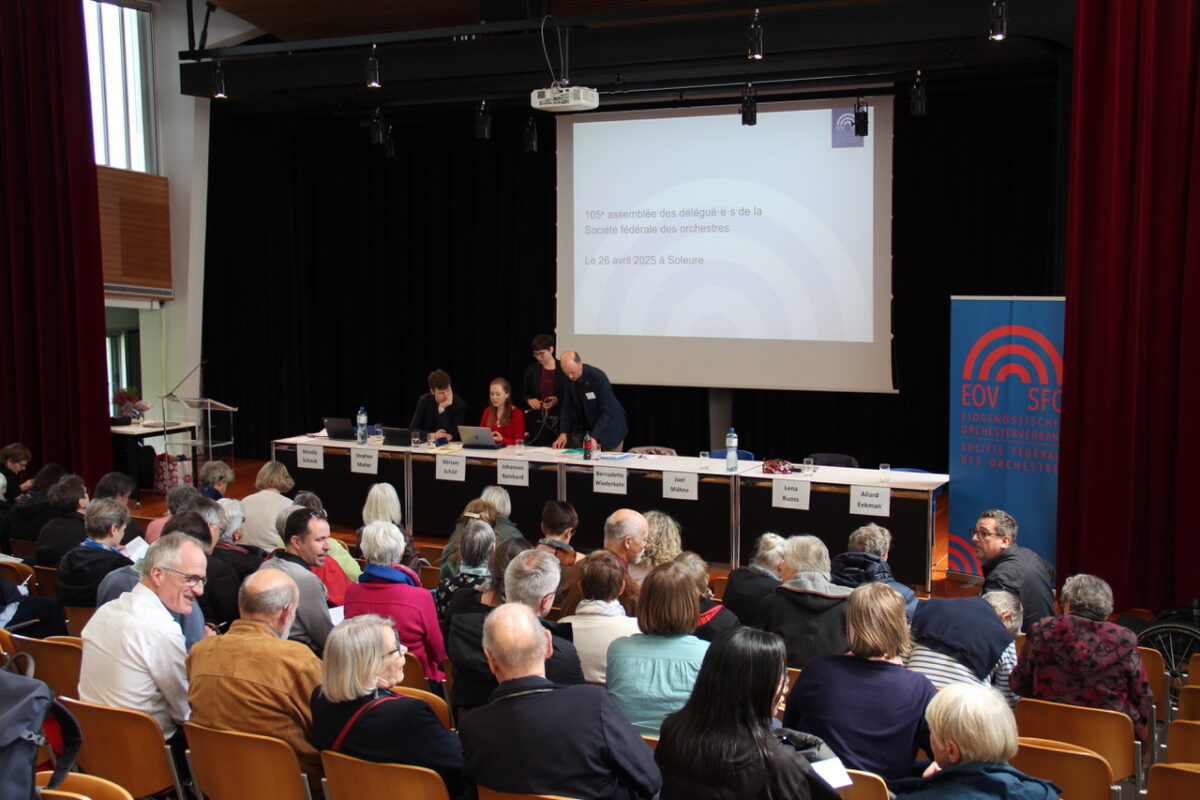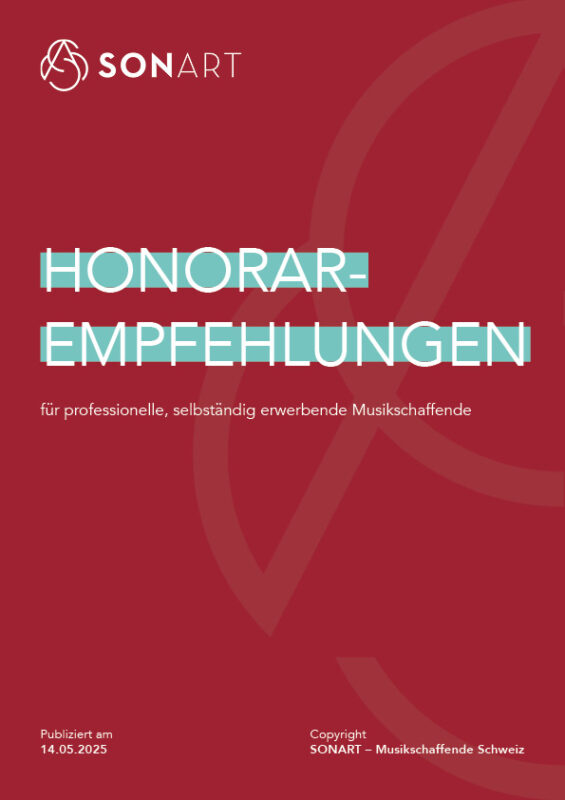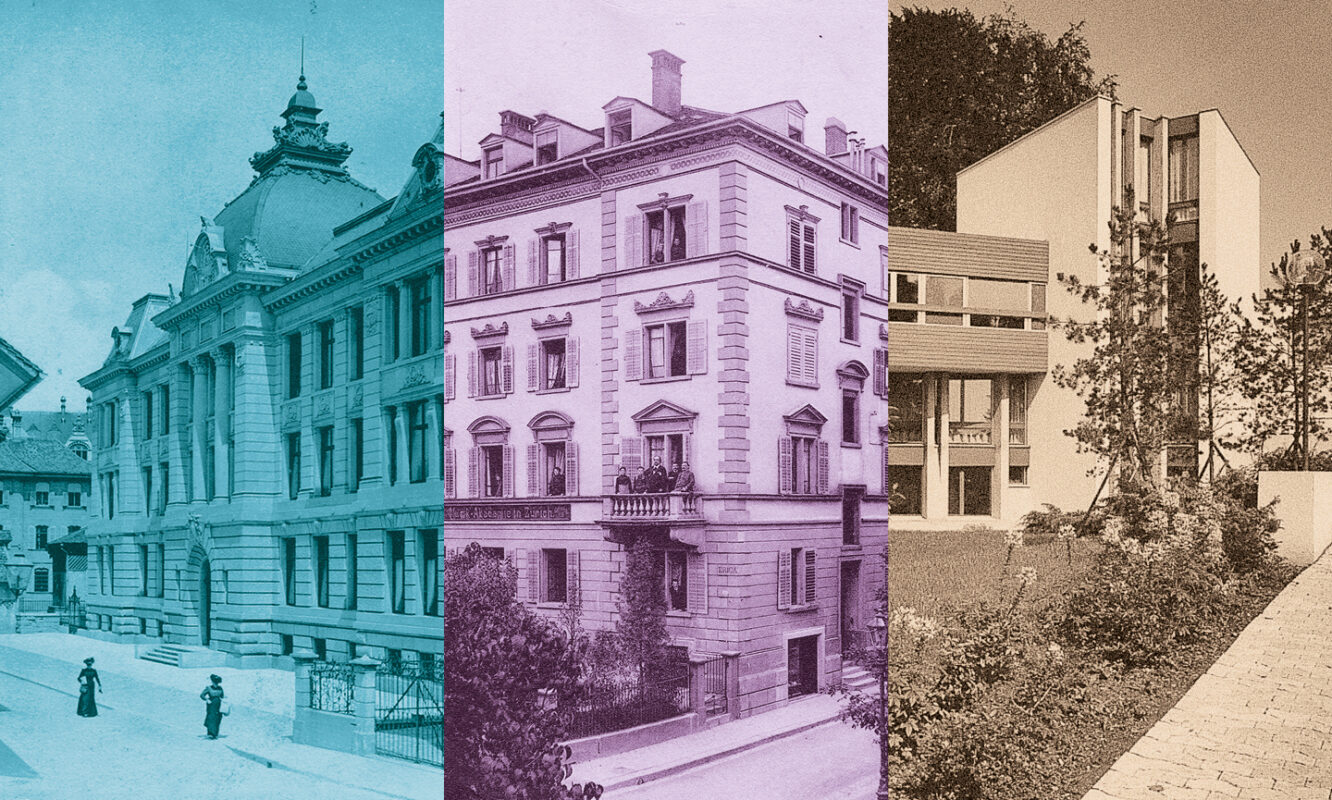Did you say jazz?
What do Swiss music academies understand by jazz? This is the fundamental question that the system of higher music education in Switzerland asks itself in this article.

Antoine Gilliéron - Beyond the importance of jazz at Swiss music academies. A conversation with Gregor Hilbe, 2016 - 2022 Head of the Jazz / Pop profile at the ZHdK.
Gregor Hilbe, at the level of tertiary music education in Switzerland, can you describe what the music schools and Zurich offer in terms of the opportunities to study jazz (BA/MA as well as open modules in the main courses or double-curricula such as classical and jazz)?
In Zurich, we offer a generalist BA course in jazz in the first cycle, which covers all the important areas of improvisation, listening skills, rhythm cultures, producing, theory, solo and ensemble skills that later provide the basis for a career in a wide variety of musical fields. The Master's course that builds on this is divided into the areas of performance, pedagogy and producing, in which students can already work individually on their own creations and various projects. In the Master's program, students take on the majority of the design of their curriculum themselves in order to be able to work with marketable projects in a wide variety of freelance or institutional fields upon graduation. In partnership with my alma mater, the University of Music and Performing Arts Graz, there is also a jazz-specific third cycle for PhD candidates who wish to pursue a more artistic research direction.
What view do you have of the term "jazz" used in our institutions and also of the notion of "improvised music", which would probably be more in phase with the needs of communication?
Jazz is more of an approach than a term that could have a stylistic effect. Jazz not only means a diverse and multi-layered culture of improvisation, but also creating one's own music from the very beginning in order to keep the areas of improvisation, composition and production permeable and mutually influential. Whether the word will continue to exist in the 21st century is one of the exciting developments that can be observed, especially as institutions in other countries also use other terms such as Musiques Actuelles (in addition to "contemporaine"), Rhythmic Music, Improvised Arts or other "pointers" that point in this direction.
Que développe la ZHdK pour l'année prochaine au niveau des importants changements concernant le département que vous dirigez ?
We are diversifying our offering in the area of performance, where we have developed new major programs in jazz and pop for students. Furthermore, we are launching our new minor programs "Producing Basic" and "Producing Advanced" in the autumn semester of 2023, which will provide future students with a complete range of courses in the field of creation. In addition, with significantly more women and diversity in the team and on the committees, we are currently setting an example for future students. We hope that the future student body will become more diverse at the same time. We are trying to provide every support here.
A very personal musical language
Over the years, drummer, percussionist and producer Gregor Hilbe has developed a very personal musical language that combines the directness and physicality of repetitive rhythms with the sensuality of electronic aesthetics, creating a catalog of productions in many different aesthetic and ethnic contexts.
Growing up in a cosmopolitan family, his early fascination with the sounds of Miles Davis, Weather Report and the sounds of the 80s led him to fall in love with the Minimoog at the age of 11: electronics became his second instrument.
At the age of 16, he took lessons from Jojo Mayer and followed in his footsteps as the drummer of the Vienna Art Orchestra. After his studies at the University of Music and Performing Arts Graz, he went on to countless freelance activities, including performances with the artists Mark Murphy, Theo Bleckman, Christian Zehnder, Nguyen Lê, Nils Petter Molvaer, Sheila Jordan, Kurt Elling, Art Farmer, Bob Mintzer, Joseph Bowie, Monica Zetterlund, Sebastian Studnitzky, etc.
In the 90s, he founded "Tribal Poetry" with the ToySun Collective in Paris and had the profound experience of meeting Tony Allen, with whom he worked on Comet Records. Other collaborations included "Avril" with Laurent Garnier's F-Comm label, followed by extensive tours (Glastonbury, Montreux, Dour etc.).
The family's cosmopolitan history and the 20 years he spent in Paris, London and Berlin have shaped a sound that combines the zeitgeist with ethnic influences.








